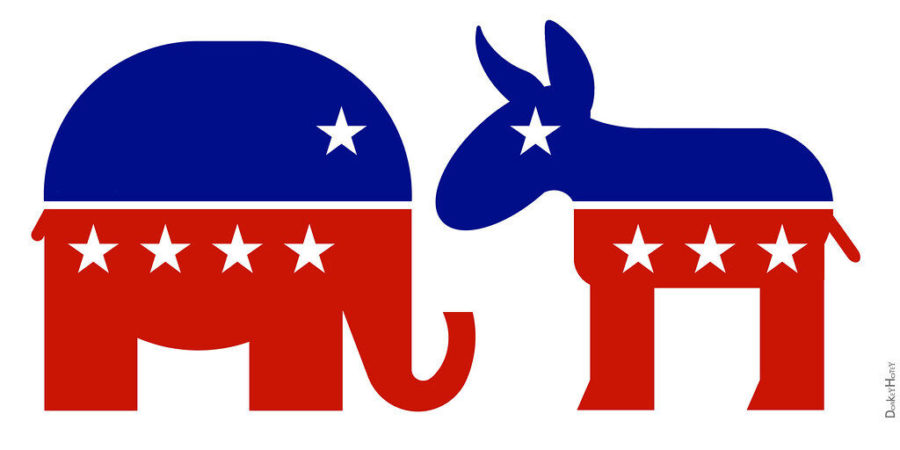Brown: Are bipartisan friendships still possible?
October 11, 2020
With everything going on in our country, from debate spectacles to terrorist plots to kidnap the Michigan governor, it’s hard to imagine someone not caring about the issues that plague our nation.
However, I am finding that every day, people I consider friends are supporting racist and homophobic ideologies, ignoring marginalization and oppression and are so caught up in their own privilege that they ignore the plight of their friends and fellow Americans.
So can I still be friends with someone who supports a president and a political party actively fighting to take away the right of same-sex marriage that I, a gay man, am so passionate about? Can I still be friends with someone who fights to legislate a woman’s body? And can I still be friends with someone who, after all this, says people with different political beliefs can still be friends?
I struggled with this for a long time. I have several independent- and Republican-identifying friends that are compassionate, kind and generous people. But how can anyone possibly whine about a lack of understanding between those on different ends of the political spectrum when they ignore the damage they are doing?
They turn a blind eye to the death of Black Americans and believe it is controversial for them to want to live without police violence. They fight to overturn Roe v. Wade and other pro-choice laws and policies while ignoring the data that illegalizing abortions only makes them more dangerous. They call the ongoing COVID-19 pandemic a “hoax” and go out to bars and parties while ignoring the ever-rising death toll. Or, perhaps even worse, they ignore it all and go out about their lives, only caring about themselves.
However, the calls for bipartisan friendship in the face of overwhelming injustice is just a reminder that the life and death issues so many Americans face are simply gossip for others. It’s easy to mourn political politeness and civility when you have nothing to lose.
The conversation around civility and finding the middle ground is almost never driven by marginalized people but instead by those in power. Adam Serwer from The Atlantic puts it bluntly:
“Societies are constantly negotiating the boundaries of respect and decency. This process can be disorienting; to the once dominant group, it can even feel like oppression.”
When marginalized people are killed or jailed or have their bodies legislated, it’s never considered an issue of civility; just politics. But when powerful people are held to the public account or shunned, it is about the downfall of polite society. Many of the same people who praise civility when their rights are questioned are prone to anger over the possibility of respecting those they consider beneath them, a form of civility they mock as “political correctness.”
With all we are facing, there is no space for politeness in politics. Perhaps if someone doesn’t want to be your friend because of your political beliefs, you should take it as a sign that you are wrong — not wronged.

















